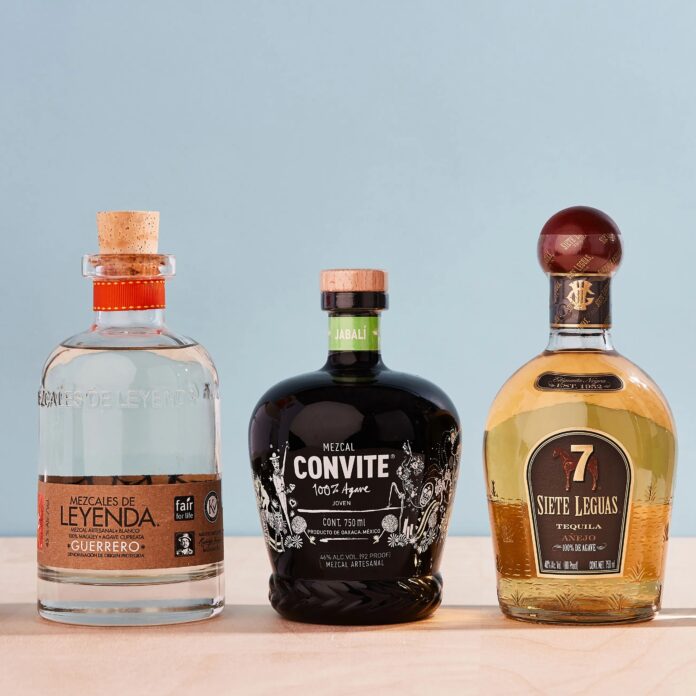Tequila or Mezcal or Raicilla Puerto Vallarta – Riviera Nayarit – Mexico
Mezcal, Tequila, Raicilla are popular alcoholic beverages that are made from the agave plant, but they have some significant differences that set them apart. Understanding these differences can help you make informed choices when it comes to selecting and enjoying these Mexican spirits. First, Tequila and Mezcal are not the same thing; however, Mezcal can be considered the big brother of Tequila.
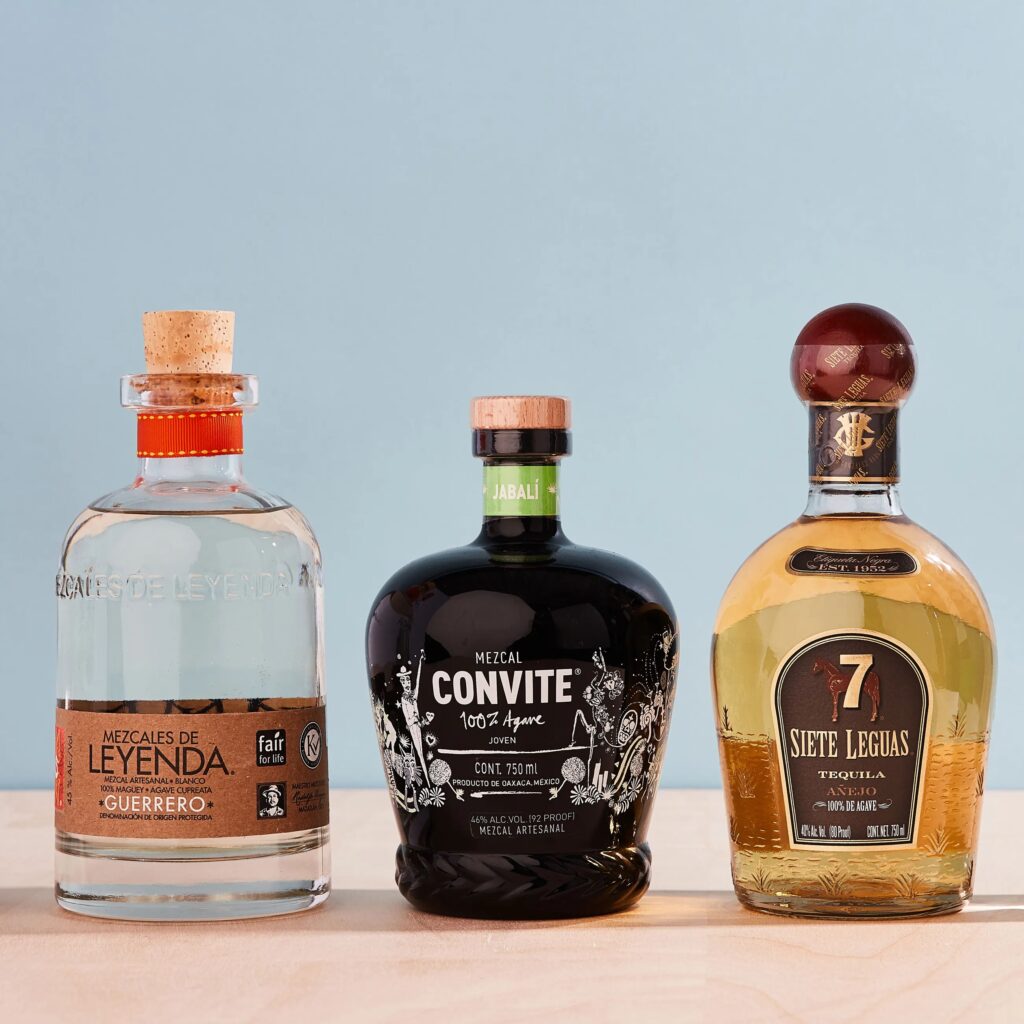
Mezcal is older than Tequila
Over 400 different agaves can be used for Mezcal, but only one for Tequila
Tequila has a smoother, sweeter taste than Mezcal, which has a smokey profile
Both spirits are only allowed to be produced in a regulated area (Tequila in 5 Mexican states and Mezcal in 9 Mexican states)
Mezcal production is more traditional than modern Tequila production
Tequila is cooked by steam whereas Mezcal is cooked by smoke
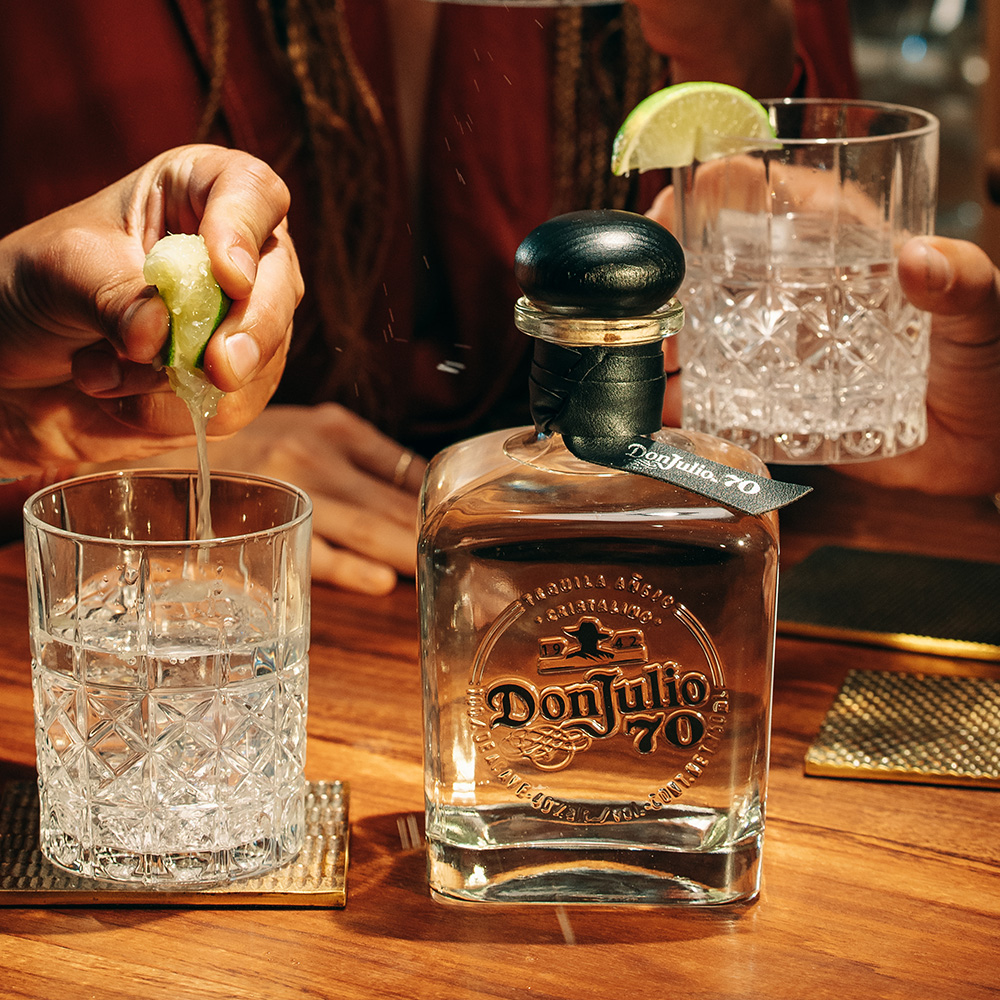
Origins of the agave spirits
Both Mezcal and Tequila are popular agave-based spirits and have a long history in Mexico. Mezcal has been enjoyed for centuries by indigenous communities while Tequila was developed centuries later. Tequila only became a separate spirit in name after the production process changed in the 19th century. But how is mezcal, the big brother of Tequila, originally produced?
Production methods of mezcal and tequila

Mezcal is made from a variety of agave plants using traditional production methods. The agave plants can take up to 10 years, or even longer, to achieve full maturity before harvest, depending on the plant type. When they are harvested, their leaves are cut off to reveal the piña, the heart of the plant. The piñas are then roasted in an underground pit oven with wood or charcoal, which gives mezcal its distinct smoky flavor. After roasting, the piñas are crushed either by hand or a Tahona. A Tahona is a stone wheel mill used to extract the juice from the piñas, which is then fermented and distilled to create Mezcal.
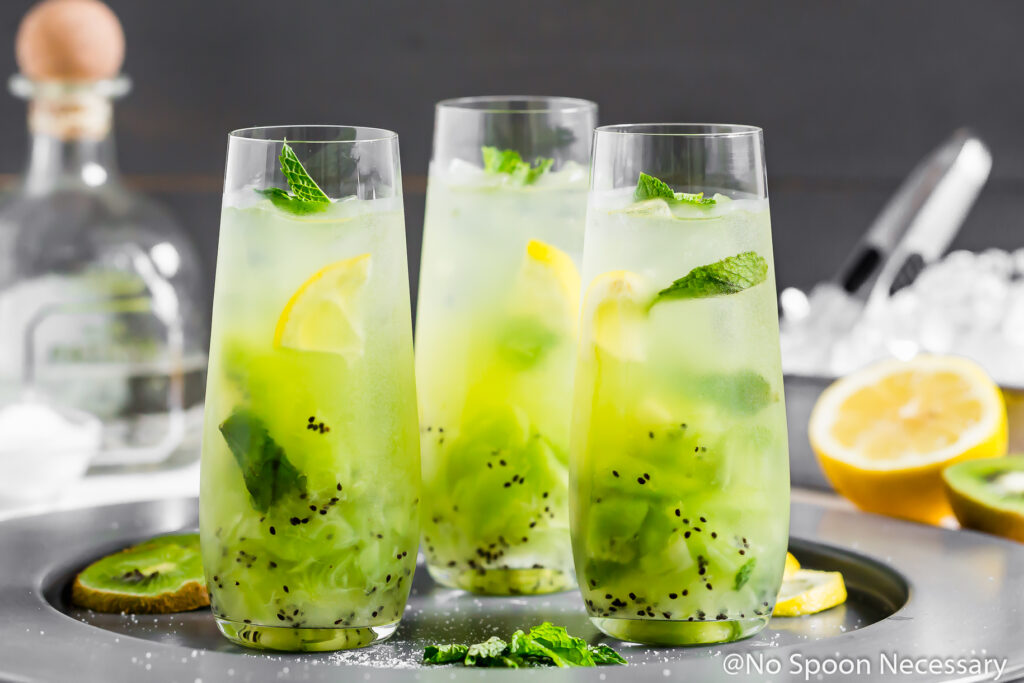
Until the 19th century, there was no Tequila. Mezcal producers from the town of Tequila, located in the state of Jalisco, decided to try a different production procedure. They chose to exclusively use the Blue Weber agave as they believed its taste was superior to other agave plants. The agaves were not cooked in an underground pit but instead, these producers used a brick oven to steam the piñas. After that, the juice gets fermented either by natural or artificial yeast and distilled at least two times. Nowadays, Tequila can be produced by much more modern techniques such as autoclaves, diffusers, and column stills, whereas Mezcal production has almost stayed the same.
Harvesting agaves for mezcal
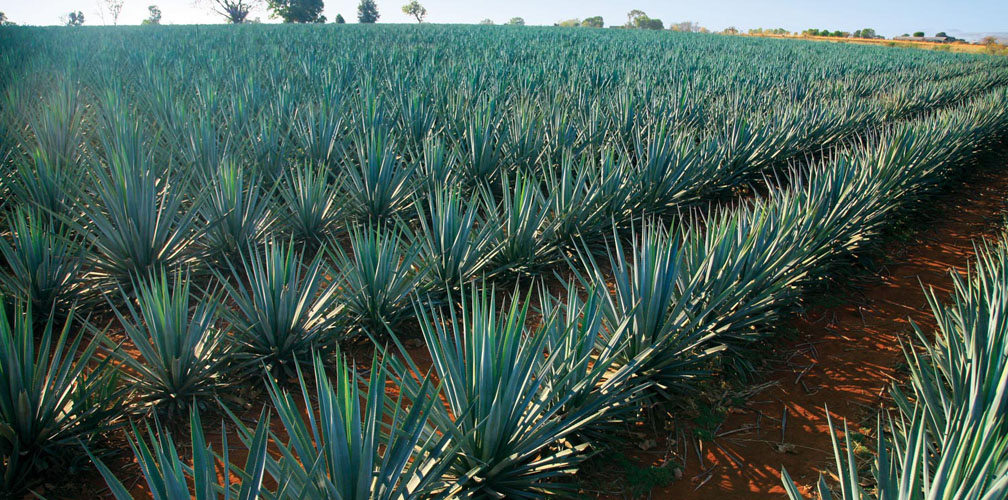
What is the difference between mezcal and tequila taste?
As you just learned, Tequila and Mezcal both originate from the agave plant, but from different varieties. In addition, the production method of Mezcal is different than the one of Tequila. Mezcal can be very complex and has a distinct smoky flavor, which is the result of the underground pit cooking process. This smoky flavor is not present in Tequila, which has a more straightforward, sweeter flavor. Refreshing aromas such as citrus, grass, or different types of fruits can be tasted while drinking Tequila. You can also discover nuances of vanilla, caramel, or oak which come from the barrel in which the Tequila aged for months or even years.
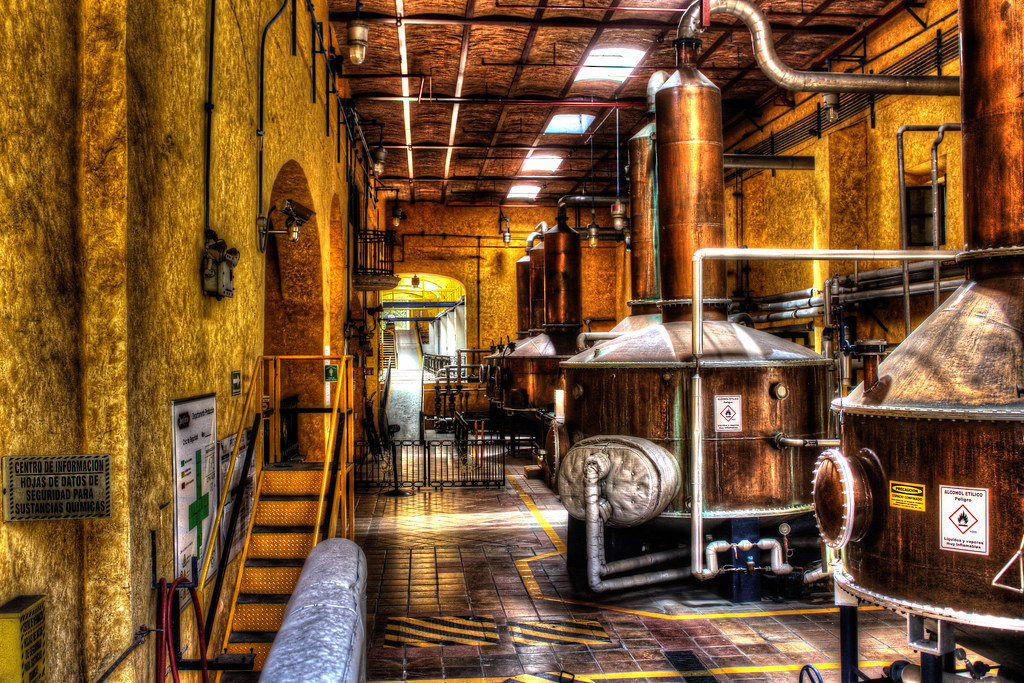
Aging process – the older the better?
Both Mezcal and Tequila can be aged, but the aging process for each spirit is different. Mezcal is often aged in oak barrels, which can give it a smoother, more complex flavor. Sometimes Mezcal is also aged in a round glass container, which is not possible for Tequila. Tequila is typically aged in oak barrels or stainless-steel tanks, which can make it softer and more mellow. Aging a spirit in a barrel doesn’t only increase the price of the bottle but also enriches the complexity of the product, as each barrel can have a different influence on the taste. It’s also the aging that defines the category of Tequila and Mezcal. Those categories reach from unaged Tequila Blanco (Joven for Mezcal), shortly rested Tequila Reposado, Tequila Añejo and Tequila Extra Añejo – the same applies for Mezcal. Currently, some producers play around with different barrels, such as used red wine barrels, to see how it changes the taste and color of the agave spirit.
Aging tequila in oak barrels
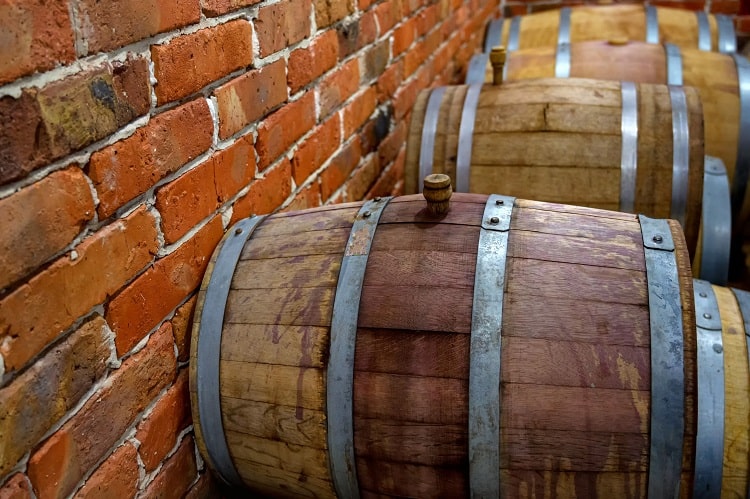
Bienvenido a Tequila
What is Tequila and Visit the City of Tequila, Jalisco. https://promovisionpv.com/what-is-tequila-and-visit-the-city-of-tequila-jalisco/
Legal backgrounds
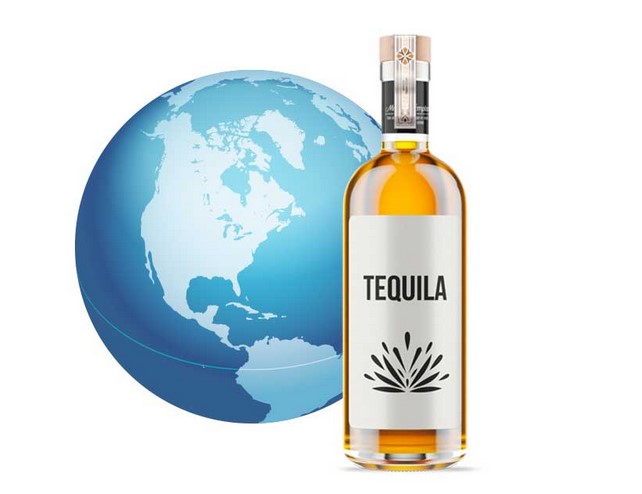
In contrast to other spirits such as Rum, Gin or Vodka, Mezcal and Tequila ca not be produced all over the world, rather only in Mexico. To be called Mezcal, the alcohol must be produced in one of the nine states of Mexico that are authorized to produce it. Those states include Durango, Guanajuato, Guerrero, Michoacán, Oaxaca, Puebla, San Luís Potosí, Tamaulipas, and Zacatecas: however, the majority of Mezcal is produced in Oaxaca. Additionally, it must be made using traditional production methods and must meet certain quality standards. Mezcal is regulated by the Mexican government and the CRM, which is an abbreviation for Consejo Regulador del Mezcal. In addition, the product must adhere to strict guidelines to be certified as Mezcal.
30 Years Tequila Quality Regulatory Council https://promovisionpv.com/30-years-tequila-quality-regulatory-council/
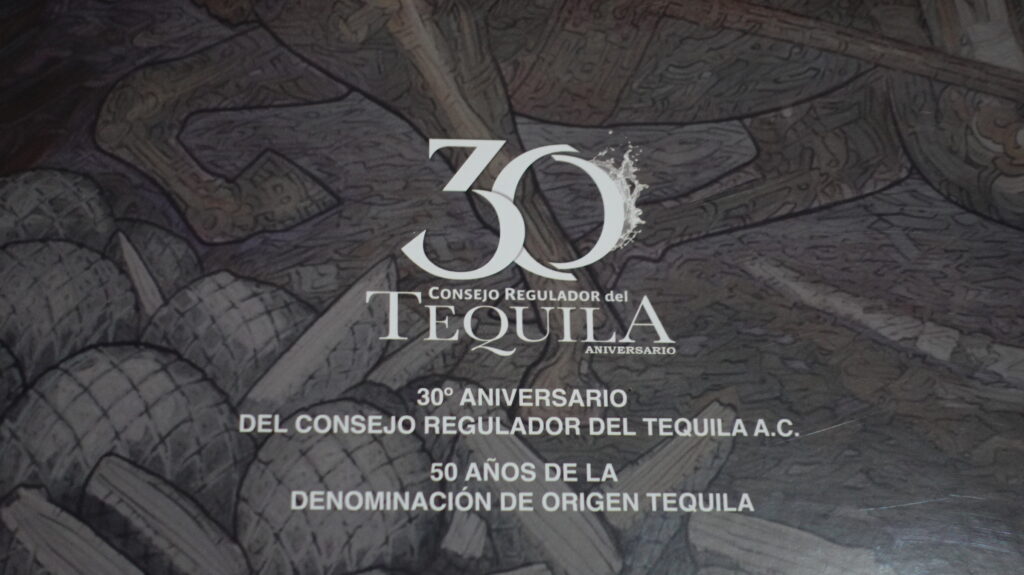
Tequila is also regulated by the Mexican government, as well as by the CRT (Consejo Regulador del Tequila), and must be made in the state of Jalisco or certain municipalities in the states of Guanajuato, Michoacán, Nayarit, and Tamaulipas. To be called Tequila, the alcohol must be made from at least 51% Blue Weber agave and must meet certain quality standards. If the Tequila is made solely from agave, the bottle can be labeled as “100% Agave Tequila”. If not, it is only allowed to be labeled as “Tequila”. Therefore, only drinking 100% Agave Tequila is highly recommended.
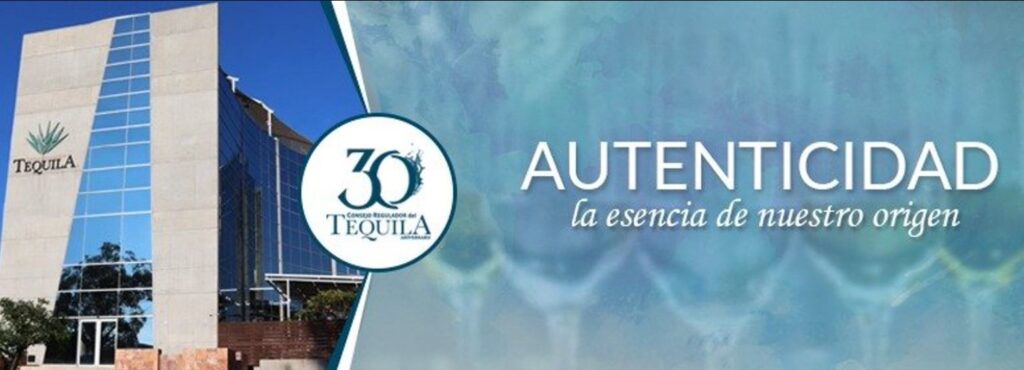
Famous Tequila Drink of Mexico Puerto Vallarta https://promovisionpv.com/famous-tequila-drink-of-mexico-puerto-vallarta/

Types of mezcal and tequila
Mezcal might be one of the most complex spirits in the world! There are over 400 different types of agave and all of them can be used to produce
Mezcal – except for the Blue Weber Agave. The most common types are Espadin, Tepeztate and Tobalá. Each type of Mezcal is made from a specific type of agave plant and has its unique flavor profile. Furthermore, it’s also possible to make a blend out of different varieties of agave. Mezcal can also be aged for different lengths of time, which can affect the flavor and complexity of the final product.
In comparison to that, Tequila can only be produced from the Blue Weber agave and is typically divided into four main categories: Blanco (mostly unaged or aged for up to two months), Reposado (aged for two-twelve months), Añejo (aged for a minimum of one-two years), and Extra Añejo (aged for at least three years). The aging process and type of barrel used can also affect the flavor and complexity of Tequila.
Different types of tequila
Different Types of Tequila Puerto Vallarta https://promovisionpv.com/different-types-of-tequila-puerto-vallarta/
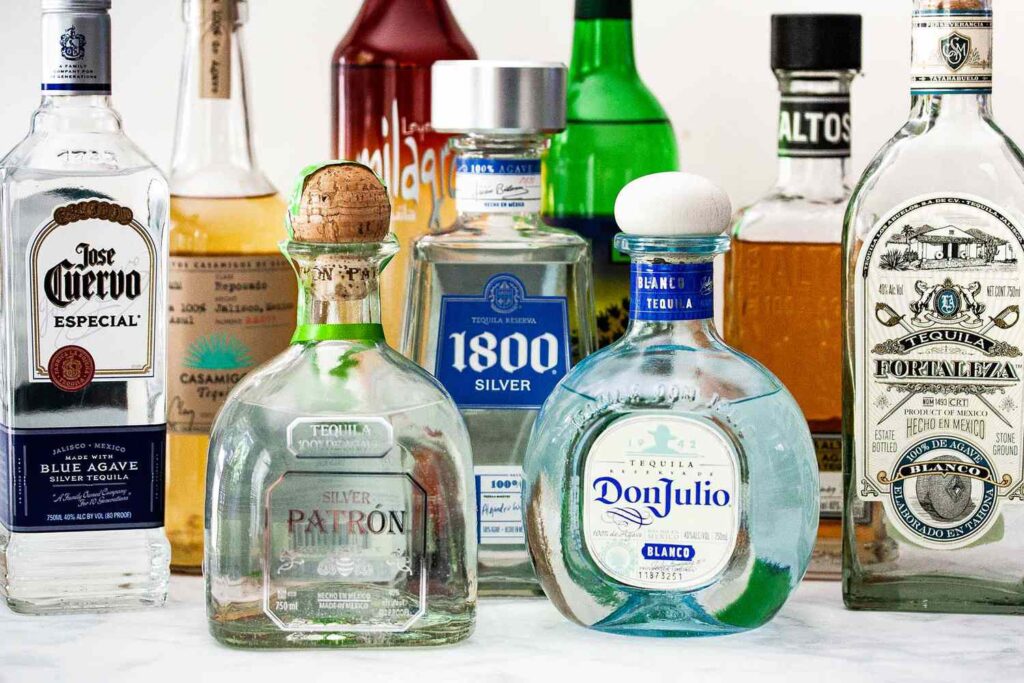
Craftmanship has its price
Mezcal is often more expensive than Tequila due to the smaller production scale and the traditional production methods. Mezcal is typically made from wild agave and in small batches using traditional techniques, which can increase the cost and time of production. Tequila, on the other hand, is often produced on a larger scale using more modern techniques, which can make it more affordable; however, at the same time, the quality of the product might suffer. At Padre Azul we value quality over quantity – we take our time to let the agave become fully mature, and work with local businesses!
What is Raicilla? Jalisco Denomination of Origin Drink. Travel Video Puerto Vallarta https://promovisionpv.com/what-is-raicilla-jalisco-denomination-of-origin-drink-travel-video-puerto-vallarta/
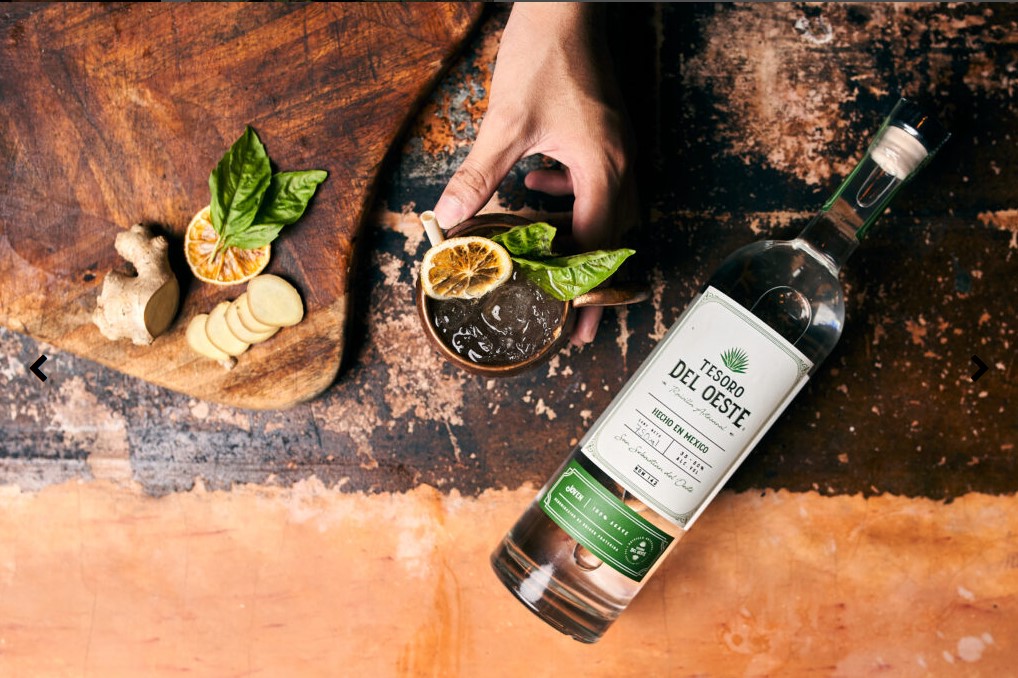
All you need to know
In conclusion, while both mezcal and Tequila are made from the agave plant, they are distinct in their production methods, flavor profiles, origins, legal backgrounds, types, and prices. Understanding the differences between these two types of alcohol can help you make informed choices when it comes to selecting and enjoying these popular Mexican spirits. So, here are again the four main differences of Mezcal and
Tequila or Mexcal or Raicilla
Made with different agave plants
Have a different taste profile
Produced in different Mexican states
Use a different production method
We provide information and resources for visitors to Puerto Vallarta, areas of The Riviera Nayarit and other destinations in both states of Jalisco and Nayarit . You will find variety of content, including articles, blog posts, videos, photos, descriptions and interviews, all of which are designed to help visitors plan their trip, including attractions, restaurants, and events. https://promovisionpv.com/
Visit and Subscribe to our YouTube Channel for more Puerto Vallarta – Riviera Nayarit 220+ videos: https://www.youtube.com/@promovision/videos
Web site: https://promovisionpv.com
YouTube: https://youtube.com/promovision/videos
Instagram: https://instagram.com/promovisionpv/
X: https://x.com/promovisionpv
Threads: https://www.threads.net/@promovisionpv
Facebook: https://facebook.com/ray.dion.73
Blue Sky: https://bsky.app/profile/promovision.bsky.social
Marketing, Advertising Tourism, Restaurants, Real Estate, Events, Tours, Puerto Vallarta – Riviera Nayarit https://promovisionpv.com/marketing-advertising-tourism-restaurants-real-estate-events-tours-puerto-vallarta-riviera-nayarit-2/

